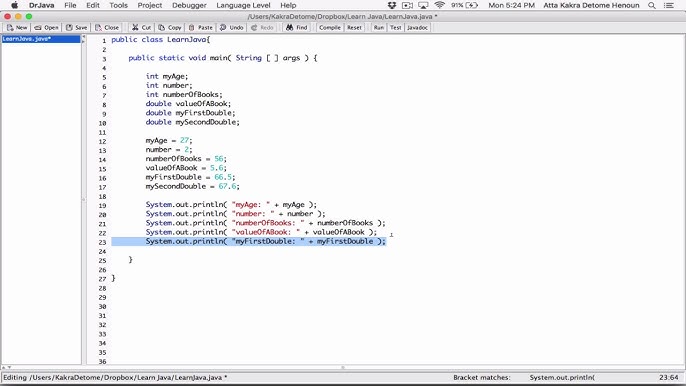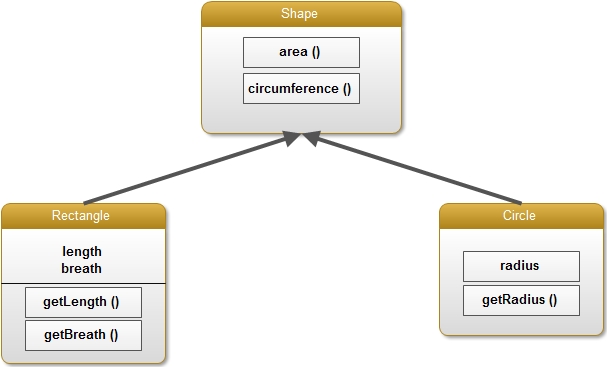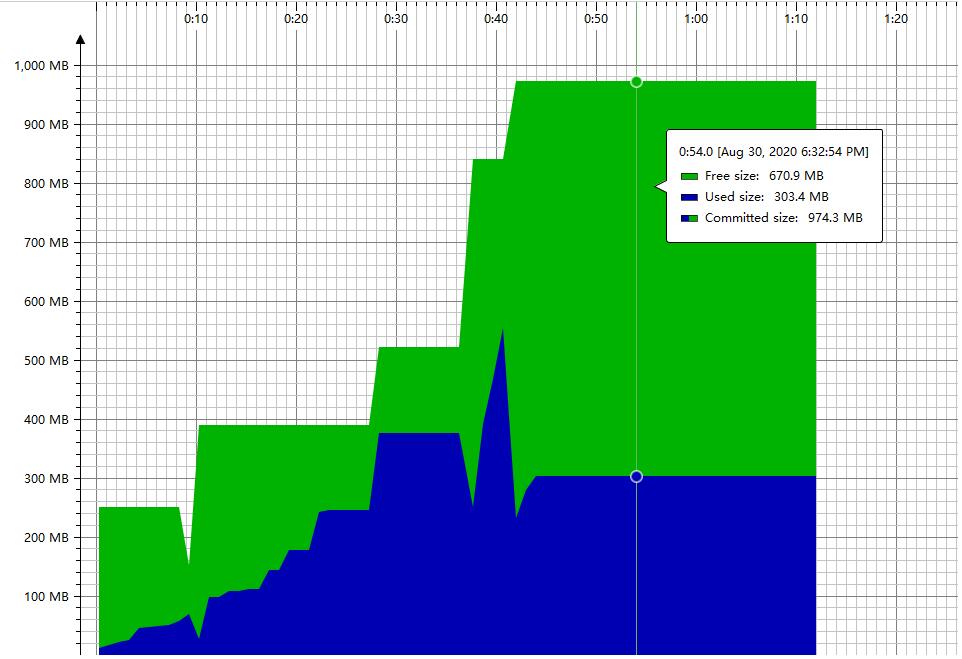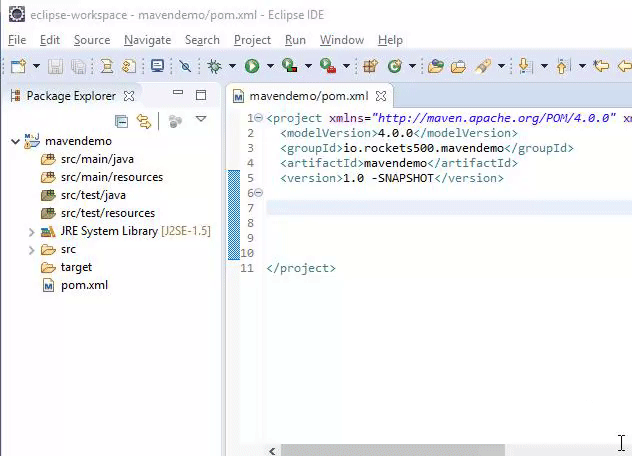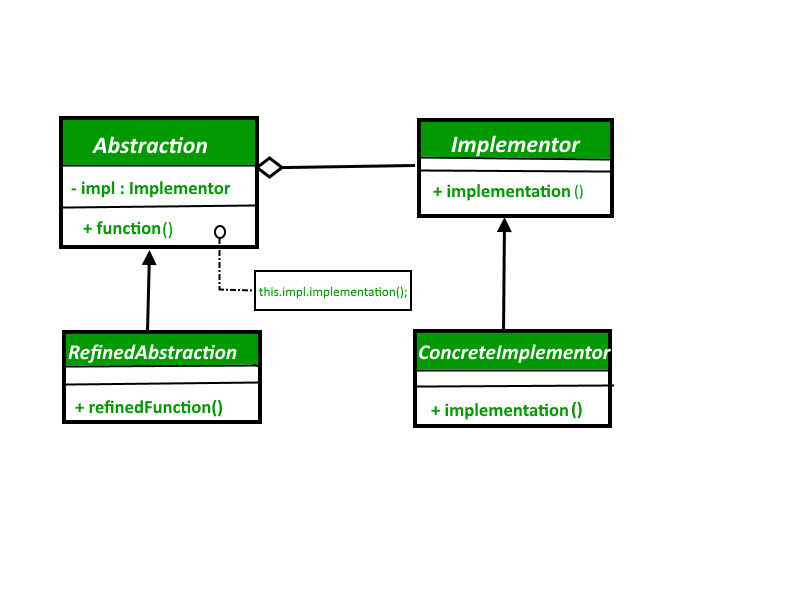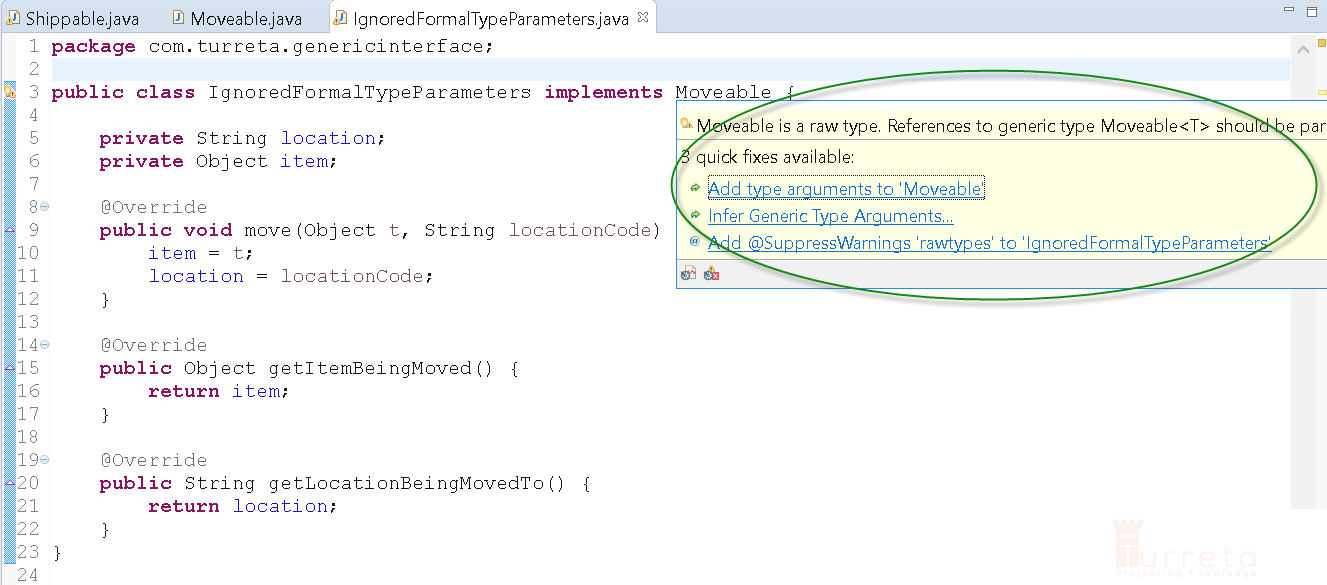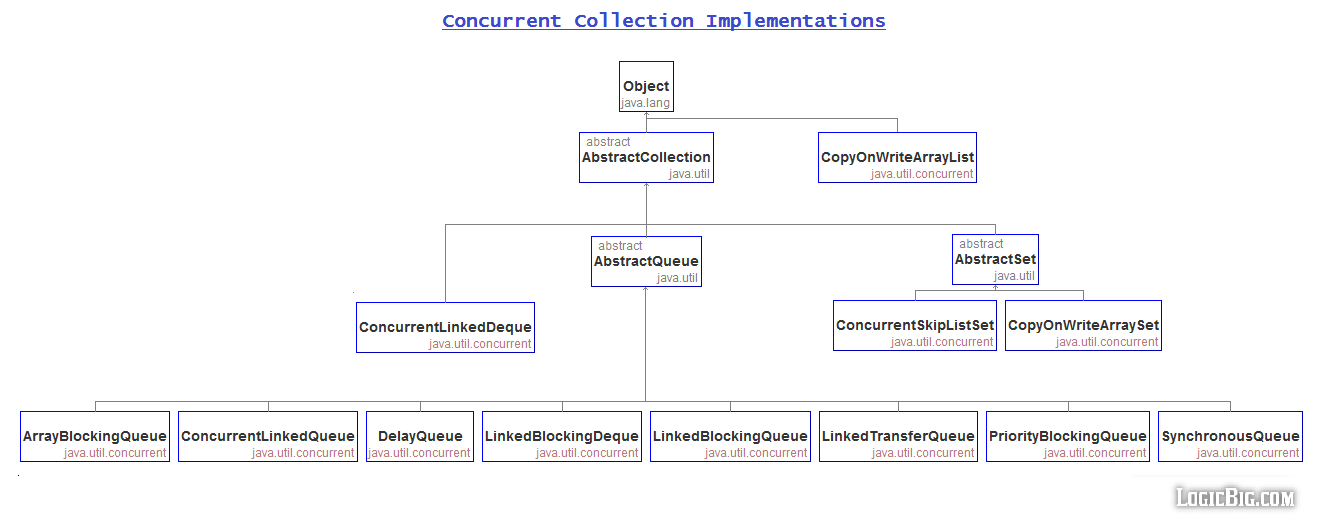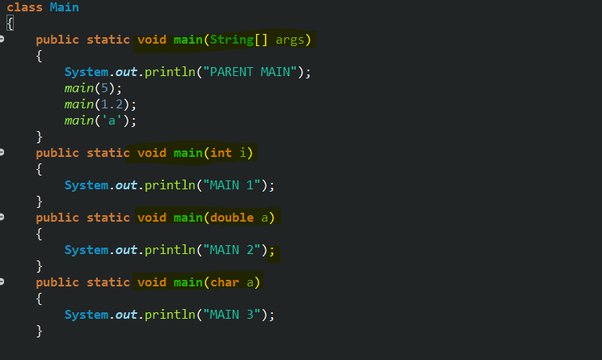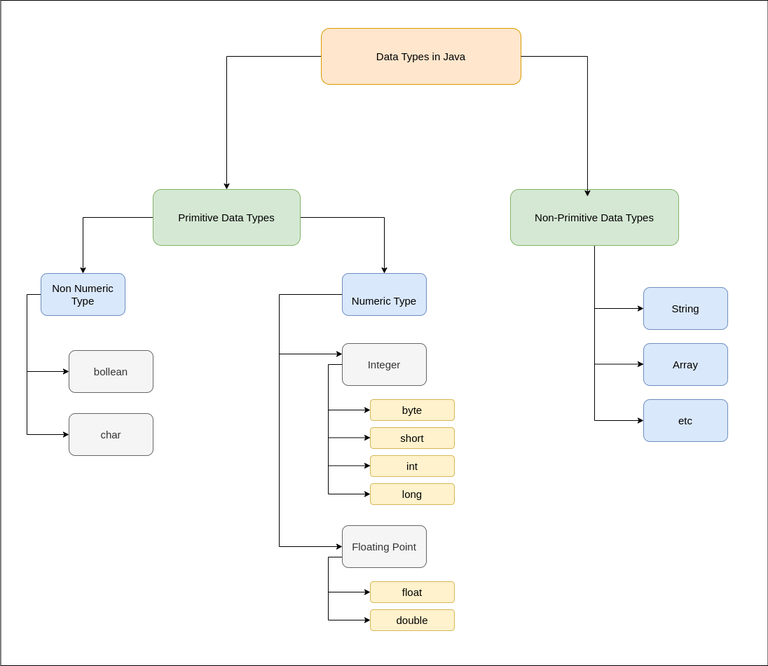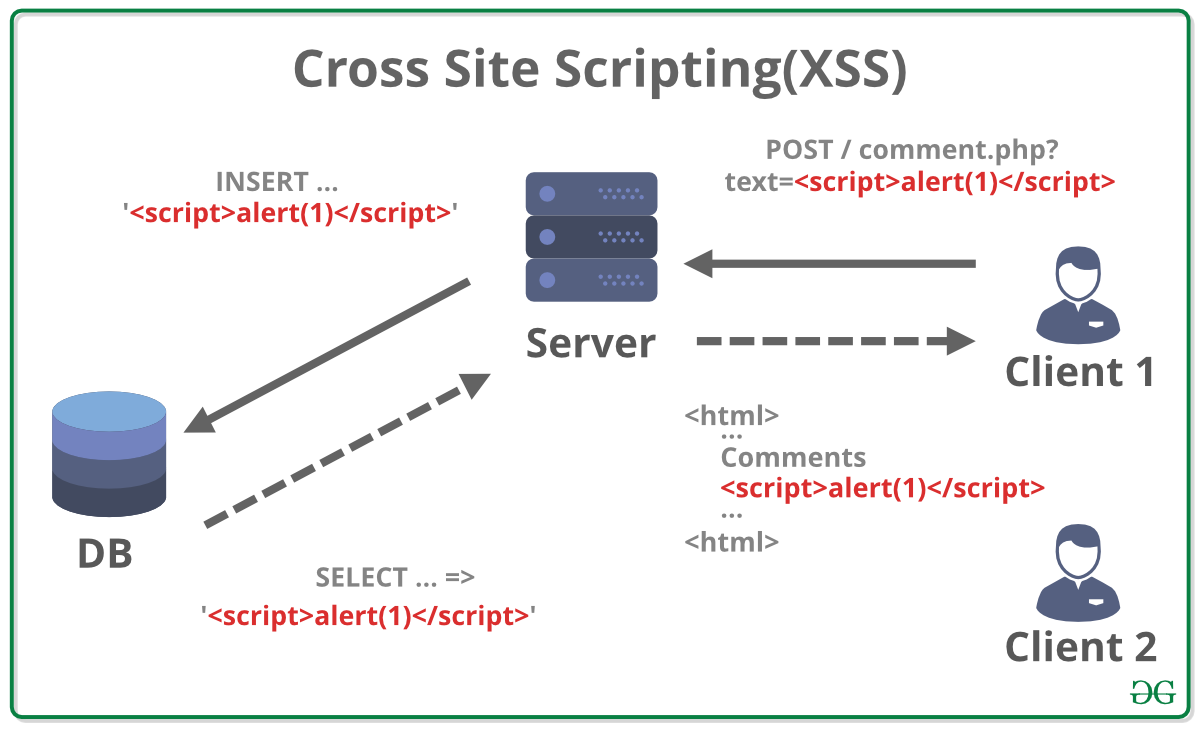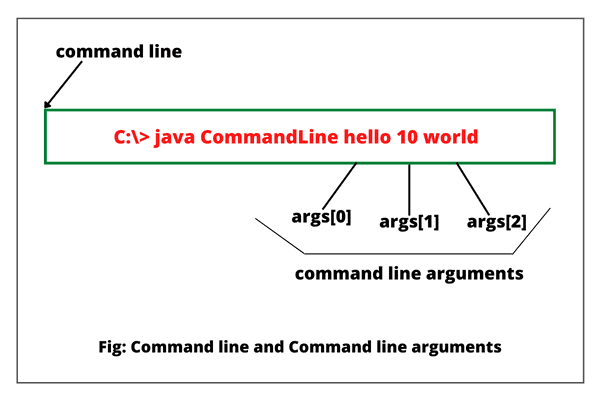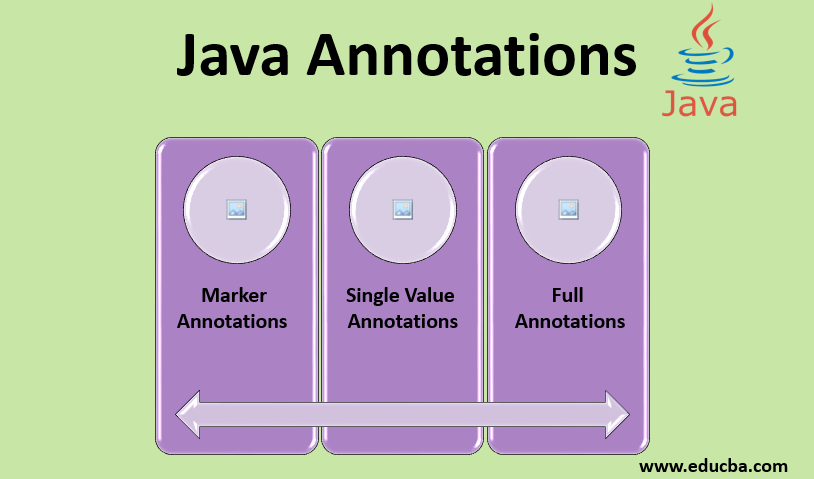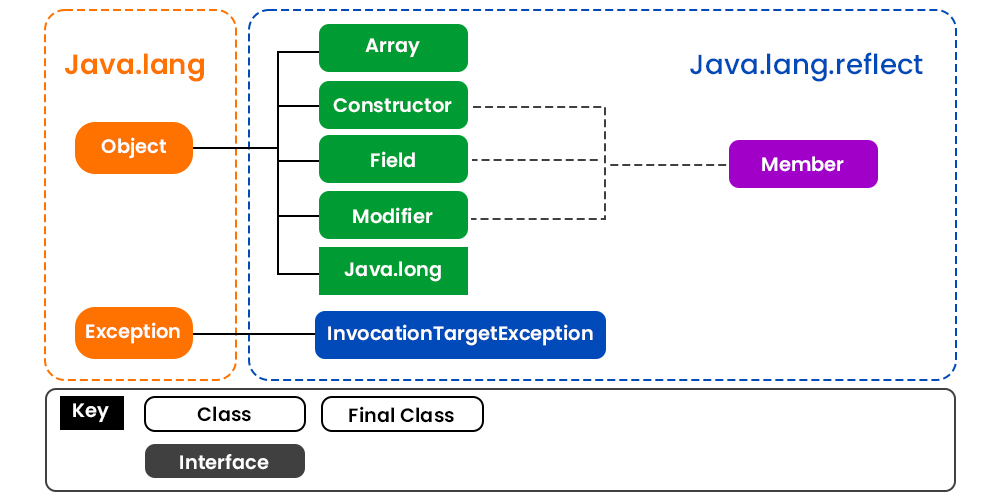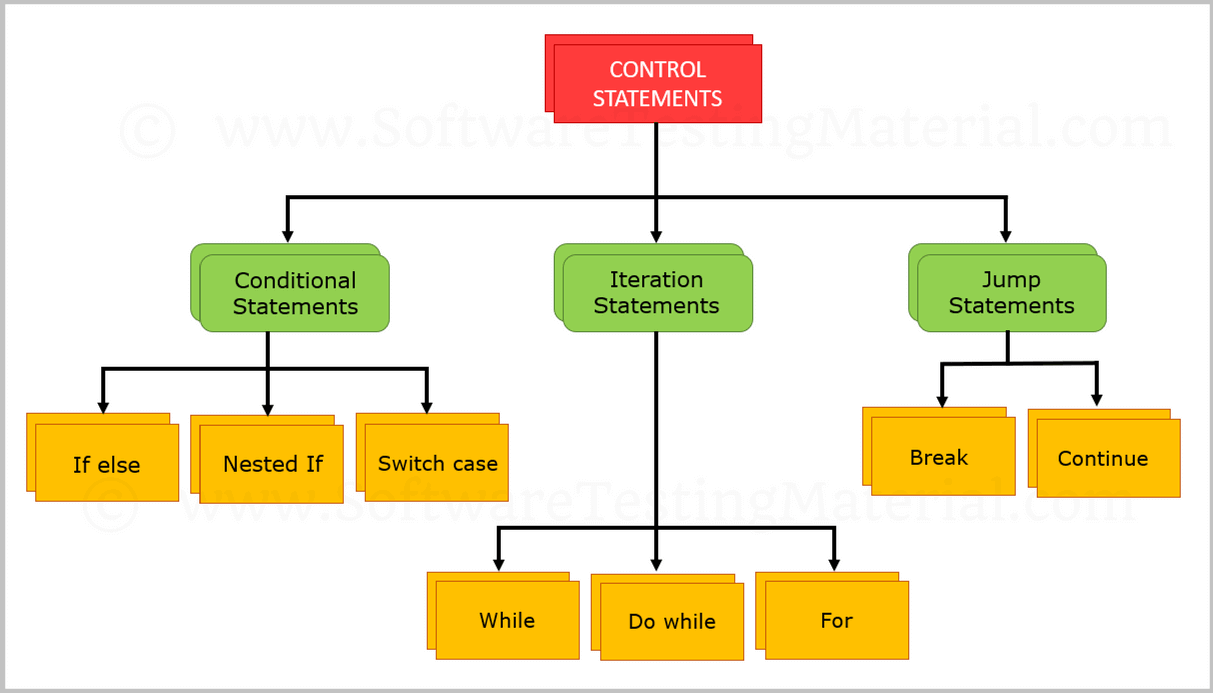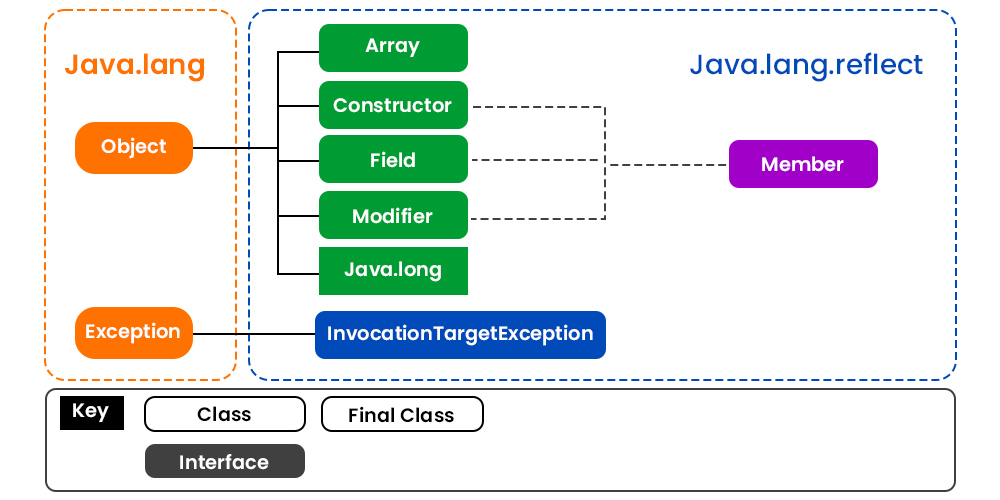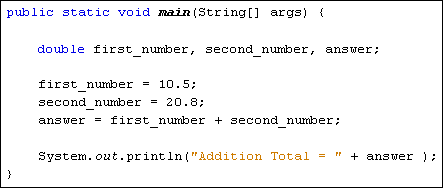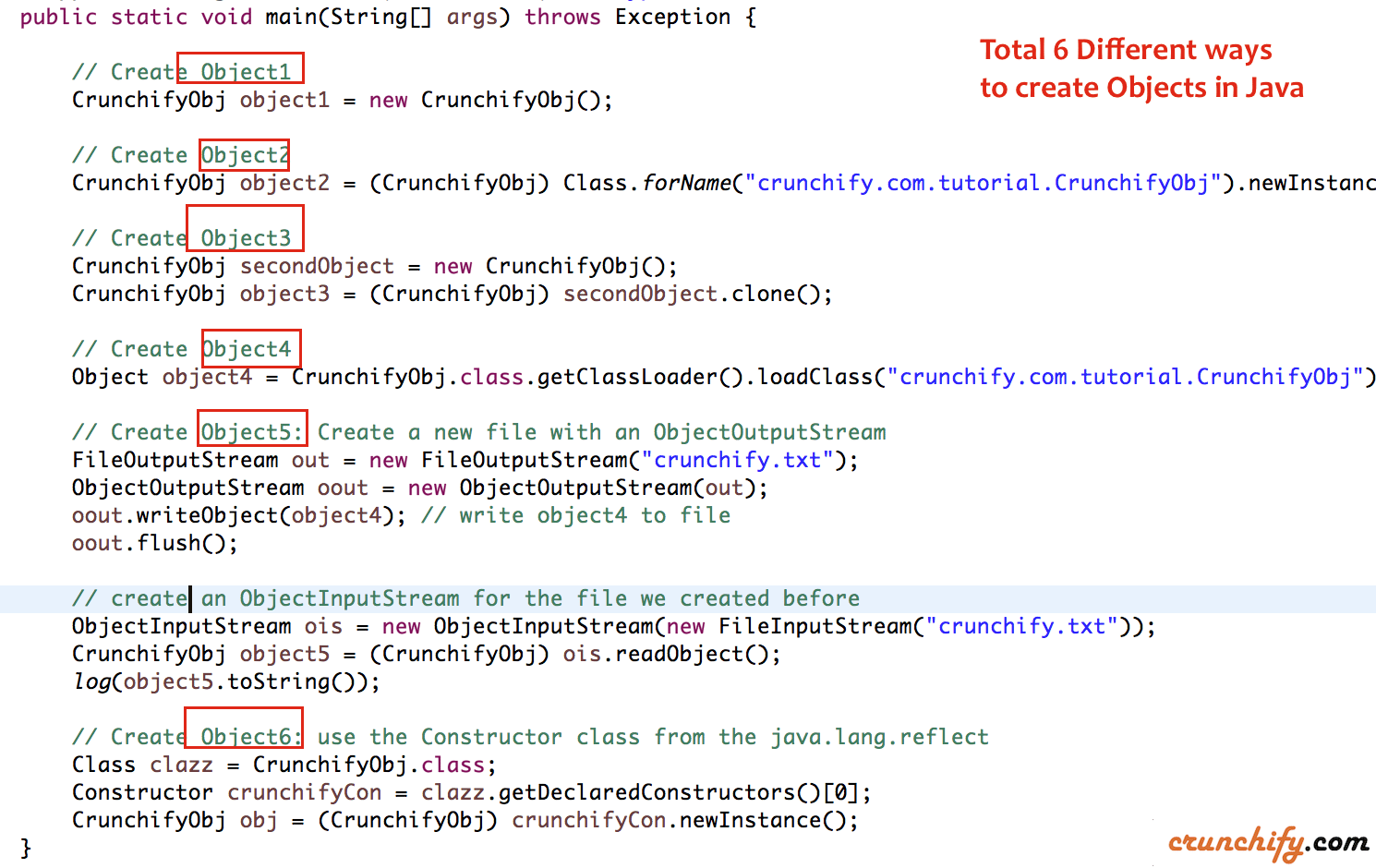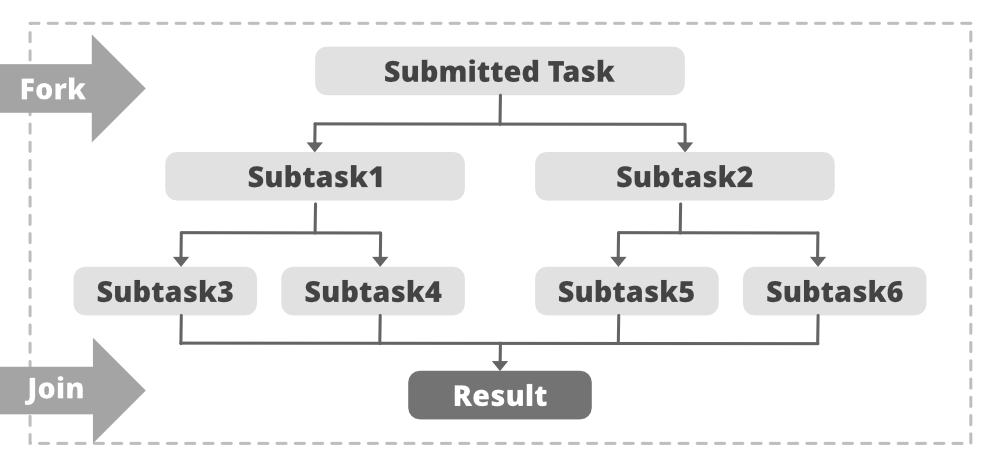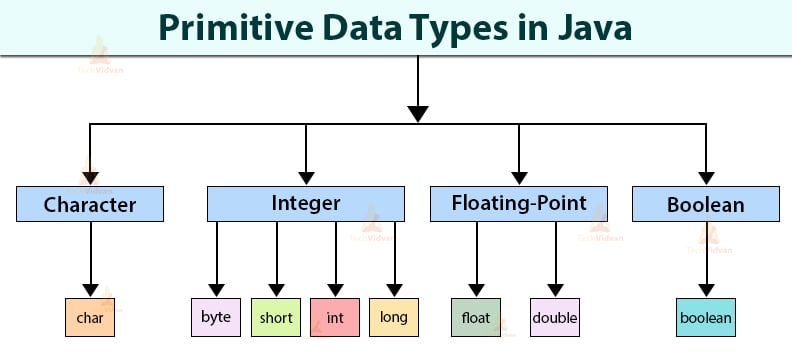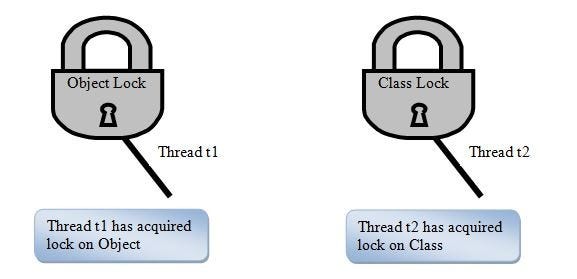How to check pattern matcher in Java?
How to check pattern matcher in Java?

I'll respond in English this time .
To check the pattern matcher in Java, you can use the Matcher class and the Pattern class from the java.util.regex package. Here's a step-by-step guide:
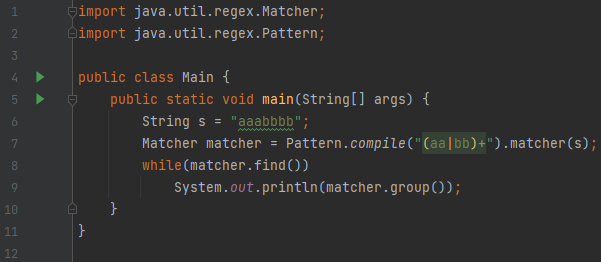
Pattern.compile() method to compile a regular expression (regex) into a Pattern object.
import java.util.regex.Pattern;
public class Main {
public static void main(String[] args) {
// Create a pattern for "Hello World"
Pattern pattern = Pattern.compile("Hello World");
}
}
Pattern.matcher() method to create a Matcher object from the compiled pattern.
import java.util.regex.Matcher;
public class Main {
public static void main(String[] args) {
// Create a pattern for "Hello World"
Pattern pattern = Pattern.compile("Hello World");
// Create a matcher using the pattern
Matcher matcher = pattern.matcher("This is a test string");
}
}
Matcher.find() or Matcher.matches() methods to search for matches in the input string.
import java.util.regex.Matcher;
public class Main {
public static void main(String[] args) {
// Create a pattern for "Hello World"
Pattern pattern = Pattern.compile("Hello World");
// Create a matcher using the pattern
Matcher matcher = pattern.matcher("This is a test string");
// Search for matches in the input string
if (matcher.find()) {
System.out.println("Found match: " + matcher.group());
} else {
System.out.println("No match found");
}
}
}
In this example, we're searching for the pattern "Hello World" in the input string "This is a test string". Since there's no exact match, the find() method returns false, and we print out a message indicating that no match was found.
More advanced techniques:
Groups: Use the parentheses() to create groups within your regex pattern. The Matcher.group() method allows you to access these groups.
Pattern pattern = Pattern.compile("(Hello) (World)");
Matcher matcher = pattern.matcher("This is a test string");
if (matcher.matches()) {
System.out.println("Group 1: " + matcher.group(1));
System.out.println("Group 2: " + matcher.group(2));
}
+, *, or {} to match repeated patterns.
Pattern pattern = Pattern.compile("(Hello) {3,4} (World)");
Matcher matcher = pattern.matcher("Hello Hello Hello World");
if (matcher.matches()) {
System.out.println("Matched pattern: " + matcher.group());
}
These are just some basic examples of how to use the Pattern and Matcher classes in Java. Regular expressions can be complex, but mastering them will help you tackle a wide range of text manipulation tasks!
What is the use of matcher in Java?
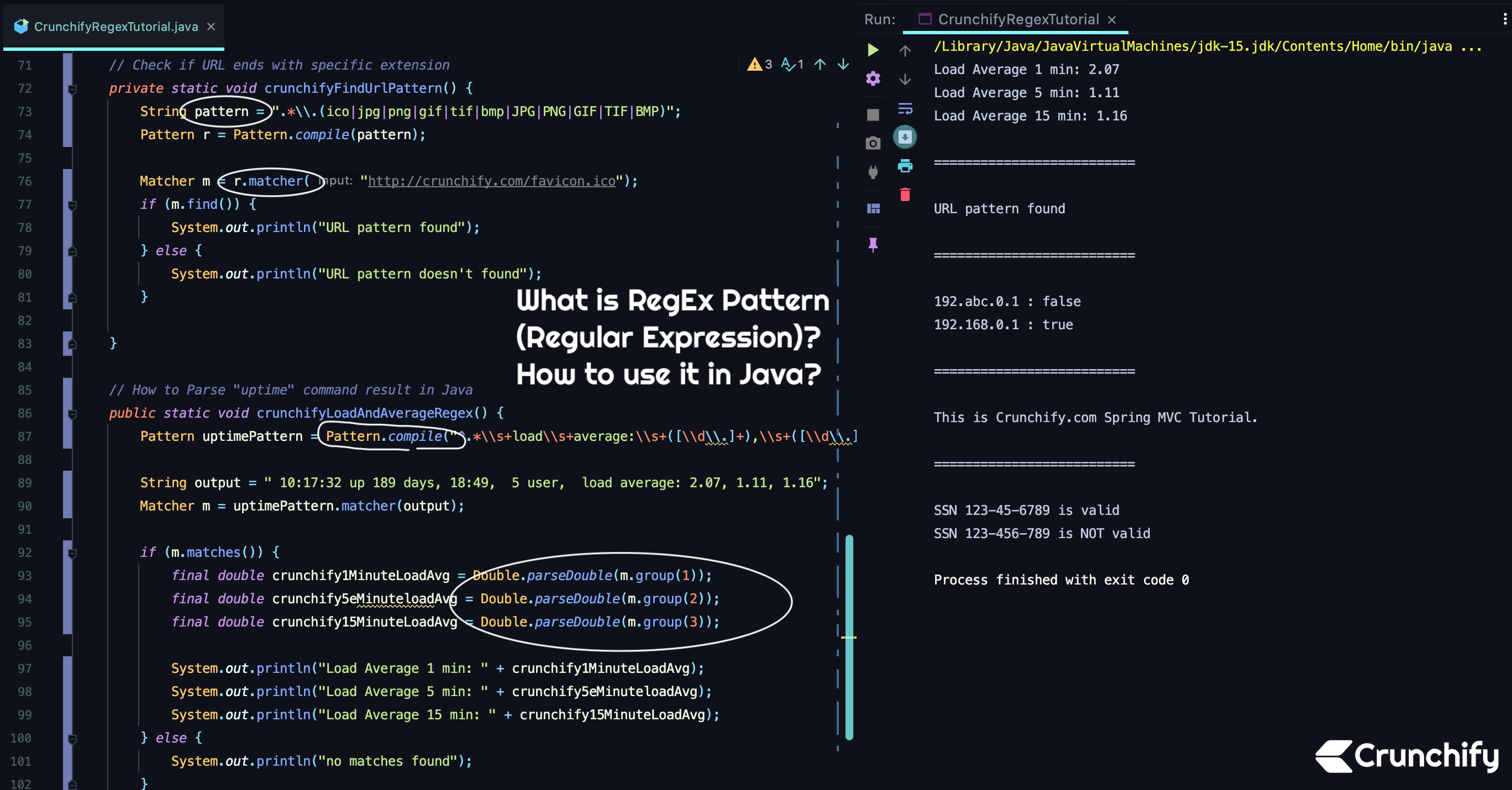
I'm happy to respond in English for this question.
In Java, a Matcher is a class from the java.util.regex package that allows you to perform pattern matching on strings. It's an essential tool for any developer working with regular expressions (regex) in Java. A Matcher object takes a regex pattern as input and provides various methods to search, match, or replace text based on that pattern.
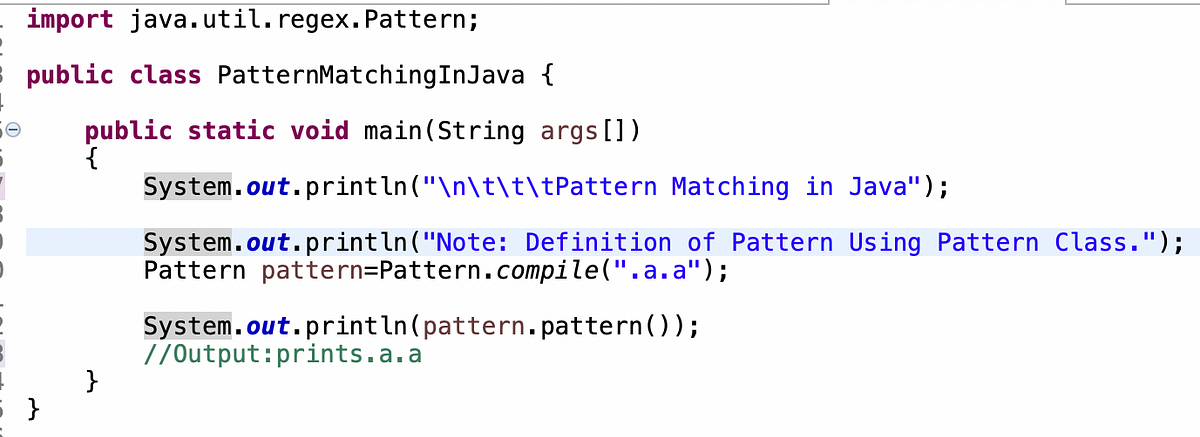
The main use cases of a Matcher are:
Matcher to test whether a given string matches a regular expression pattern. The matches() method returns a boolean indicating whether the entire input string matches the regex pattern. Group Extraction: When you define capturing groups (i.e., groups enclosed in parentheses) in your regex pattern, a Matcher can extract the matched text for each group using the group() or groupCount() methods. This is useful when you want to extract specific information from a string based on a regex pattern. Replacement: A Matcher can be used to replace text in a string based on a regex pattern. The replaceFirst() method replaces the first occurrence of the matched text, while the replaceAll() method replaces all occurrences.
Here's a simple example:
import java.util.regex.Matcher;
import java.util.regex.Pattern;
public class Main {
public static void main(String[] args) {
String input = "Hello World!";
Pattern pattern = Pattern.compile("World");
Matcher matcher = pattern.matcher(input);
if (matcher.matches()) {
System.out.println("The string matches the regex pattern!");
} else {
System.out.println("The string does not match the regex pattern.");
}
}
}
In this example, we create a Pattern object with the regex pattern "World" and a Matcher object that takes the input string "Hello World!" as its argument. We then use the matches() method to check if the entire input string matches the regex pattern. If it does, we print a success message; otherwise, we print an error message.
In summary, Java's Matcher class is an essential tool for working with regular expressions in Java. It provides various methods for pattern matching, group extraction, and replacement, making it a powerful tool for parsing and manipulating text data.
